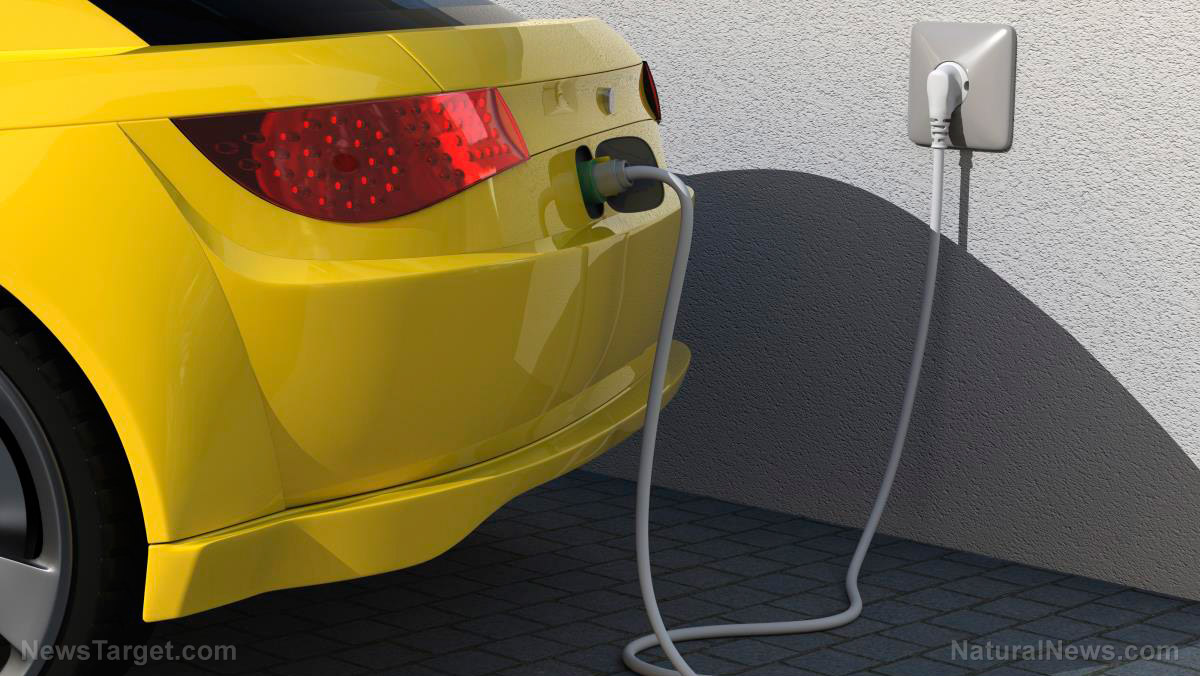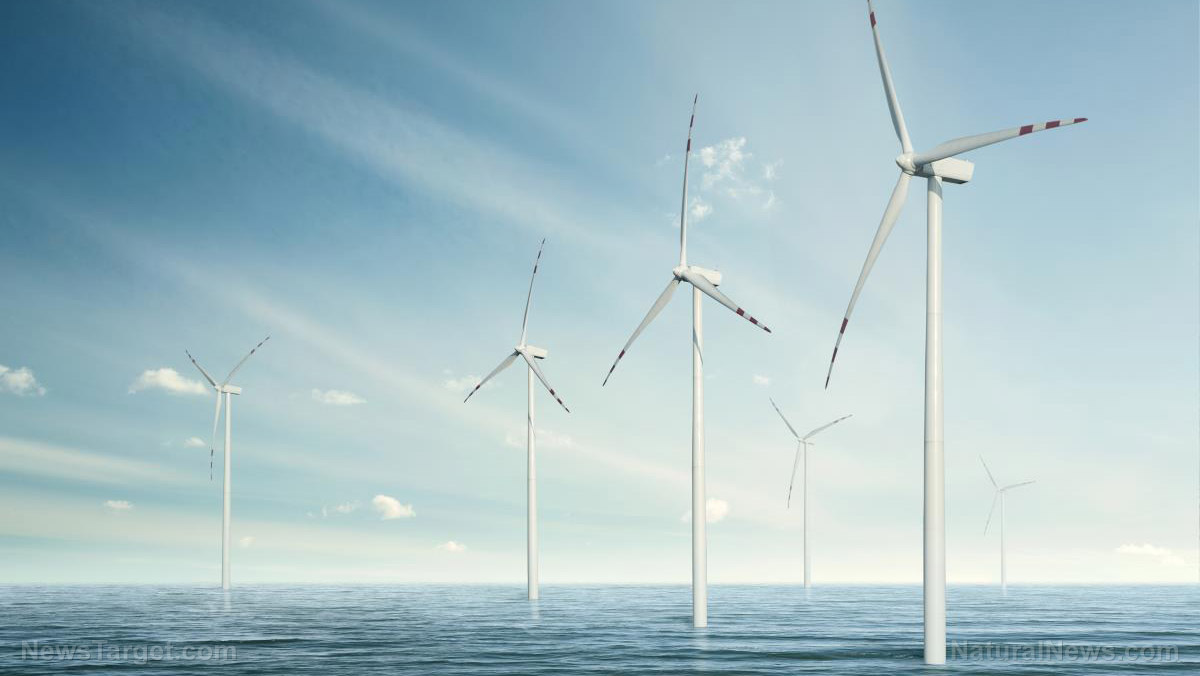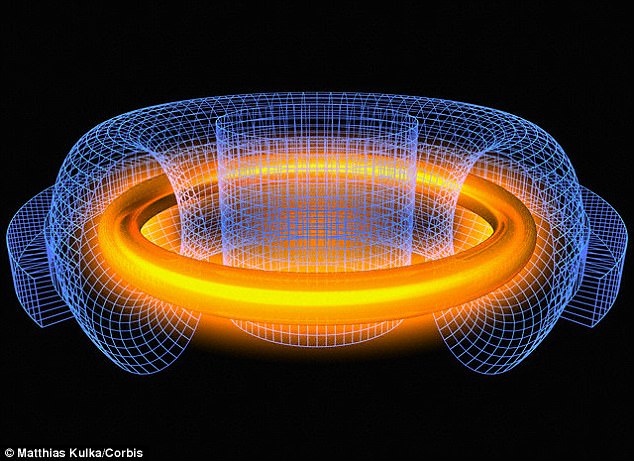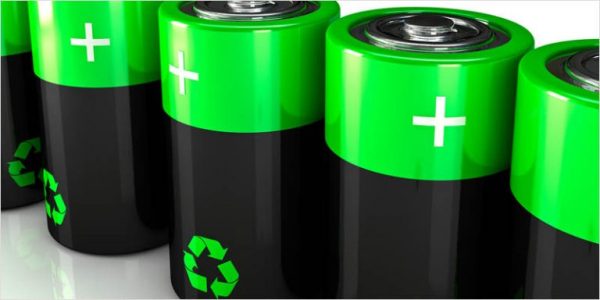Why ending combustion engines would unleash a global environmental and humanitarian catastrophe linked to rare earth elements
04/09/2019 / By JD Heyes

Most Americans, regardless of their political, social, and cultural viewpoints like to breathe clean air and drink clean water, don’t want to kill off species for the fun of it, and support laws and regulations that call for smart use of our available resources.
But the Left takes environmentalism to the extreme, even to the point where — if they were in complete charge of the world — it would actually do far more harm to the earth than good.
One way is by pushing electric vehicles to take the place of all combustion engines, which is one of the pillars of Rep. Alexandria Ocasio-Cortez’s ridiculous “Green New Deal.”
Not only is what she’s proposing an impossibility — getting rid of those engines within a decade — the process of obtaining the materials to manufacture the batteries for all of the new electric motors would be an ecological and humanitarian disaster.
Writing at Liberty Nation, Onar Åm noted:
You probably have not heard anything other than praise for electric cars in the mainstream media. They are sexy and environmentally friendly too, we are told. The first may be true, but not the latter. Batteries are not good for the environment, and their raw materials are mined at the expense of human health.
He goes on to point out that rare earth minerals are required to make reliable and efficient batteries needed not just to store energy from solar arrays but also to power electric cars. You can’t just find these minerals anywhere; they are generally located in very low densities and quantities in the earth’s crust. Multiple tons of rock must be moved mined, transported, and filtered in order to obtain enough of the minerals to manufacture vehicle batteries.
“Typically, the energy needed to create them exceeds the amount that they store during their lifetime,” Åm writes. “That’s why they are so expensive.”
And even if the amount of energy needed to create them is the same as the amount of energy such batteries store, we really haven’t “saved” any at all, have we?
Besides the environmental damage, the U.S. could put its own national security at risk. The one country that has the biggest reserves of rare earth elements is China and should war break out between the two countries, those supplies would dry up in an instant.
Believe it or not, hybrids are better
In fact, according to Statista, of the 120 million metric tons known to currently exist in rare earth elements, China has 44 million metric tons followed by Brazil (22 million), Vietnam (22 million), India (6.9 million), Australia (3.4 million), Russia (2.6 million) and, finally, the U.S. with just 1.4 million metric tons.
But, as Åm points out, there is a humanitarian element to all of this mining of rare earth elements.
Cobalt is one such element, and last year, 70 percent of all Cobalt came from the Democratic Republic of Congo. But it is mined by very poor Congolese workers who toil under extreme conditions that are not simply illegal in the West, but unconscionable. Sometimes, miners are killed trying to obtain the mineral.
“Little attention is given to those who toil to make wealthy Western environmentalists happy. It is not uncommon for green ideas to be at odds with human health.,” Åm noted. (Related: Electric cars just as dirty as petroleum-powered vehicles? New study sheds light on ‘zero emissions’ fraud.)
By comparison, Åm notes, hybrids — battery-powered vehicles that also come with small gas tanks for higher speeds — are a much better environmentally-friendly alternative.
Full-electric vehicles aim to deliver 300 miles on a single charge, thereby requiring several large batteries. Hybrids, however, mix electric power with gasoline power, though people driving them in cities tend to mostly use battery power, thereby cutting exhaust. Plus, with smaller batteries, more hybrids would mean fewer rare earth materials would be needed.
However, for many radical environmentalists, hybrids aren’t good enough. Cars must be all electric with no combustion at all.
Again, going all-electric is a lofty goal but it’s unrealistic and, as it turns out, harder on the environment than hybrid alternatives.
Not that the environmental purists are interested.
Read about how the kooky Left actually endangers clear air and water as well as the rest of the environment at CleanWater.news and Environ.news.
Sources include:
Tagged Under: batteries, China, cobalt, Congo, Dangerous, deception, Ecology, electric cars, electric vehicles, environ, environment, environmental damage, environmental extremists, environmental hazard, green energy, hybrid vehicle, Leftist environmentalists, mines, rare earth elements, rare earth minerals, rare earth mining, renewable energy

















